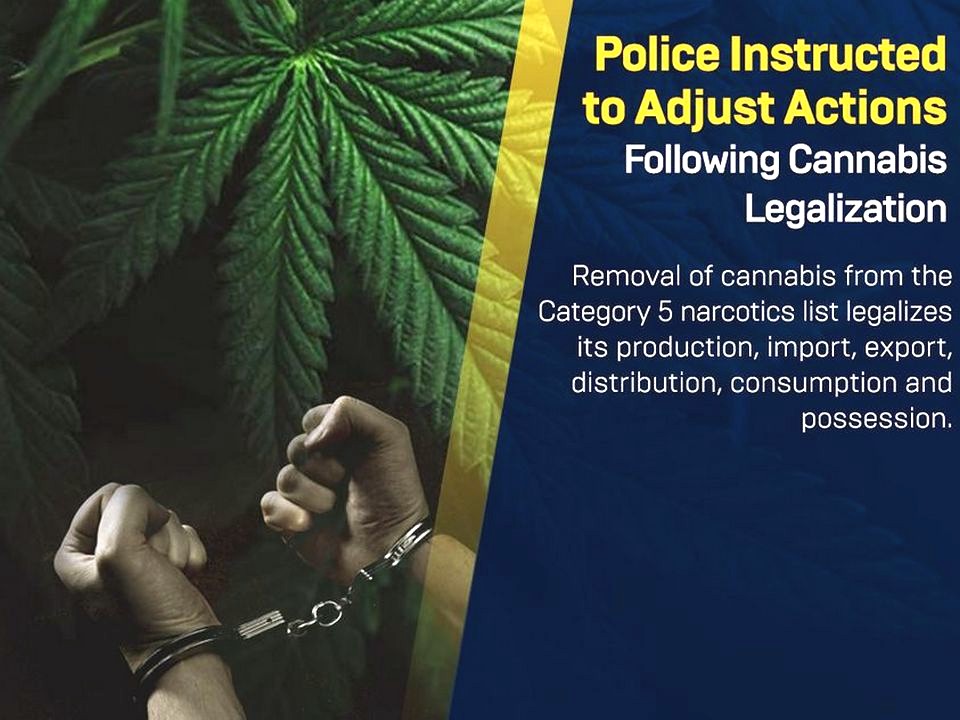
Thai laws are famous for being vague on details. Nor does enforcement always follow through Thus, prostitution in Thailand has been illegal since 1960 which often comes as a surprise to consenting adults in private or devotees of the back room in massage parlors. However, the latest laws on both personal privacy and the use of cannabis are causing even lawyers to scratch their heads.
The new law on marijuana use and abuse came into force this month, largely designed to allow Thai citizens to grow the plant for medical and agricultural benefits. And to make a profit provided they register. But western tourists have been turning up at the Pattaya tourist office to try and find out if smoking pot is now allowed. They have been told that recreational use is still illegal, but that no action is likely if smoked in “your own home”.
On penalties, the new law specifies a three months jail sentence and/or a fine of 25,000 baht (around US$800) for use of marijuana extracts containing more than 0.2% of THC, the chemical that makes you high. John Lees, a tourist from Manchester, asked if it was safe to smoke pot in your hotel room. Hard to say, but the advice from the Pattaya lawyers association is to steer clear for now. “Questions could be asked by police about where the stuff came from, whilst a party in the room is different from being alone.”
There is also much confusion about the personal data protection act which came into force at the beginning of the month. The main purpose is to protect individuals against commercial exploitation or fraud, but the loopholes and ambiguities are many. Thus a spokesman for the Ministry of Digital Economy and Society warns people, Thai or foreign, not to photograph or film others and then post the material on social media. The actual context was pictures or film of a criminal act, but the wider implications are also a blur.
Already, a middle-aged Thai woman is suing a media outlet (not this one) for publishing a photo of her in a skimpy gogo costume which leaves little to the imagination. She claims the picture caused her embarrassment and discredit. Concerns about the literal meaning of the legislation have even spread to Thai hospitals where some patients are being asked to sign a detailed declaration that the company can hold and use personal data for professional and even marketing purposes.
Lawyers say that it will take time for the new laws to be digestible. The pressures to legalize smoking pot are now well-nigh unstoppable and many commentators believe that cannabis sandboxes (reserved areas) will be the first step within a year. As regards personal data, the police will, in criminal cases, have some discretion which to send to the public prosecutor’s office. Civil cases will take years to resolve in a notoriously slow-moving bureaucracy. To misquote Bette Davis, “Hold on to your hats, this could be a bumpy ride.”
 |
 |
 |





